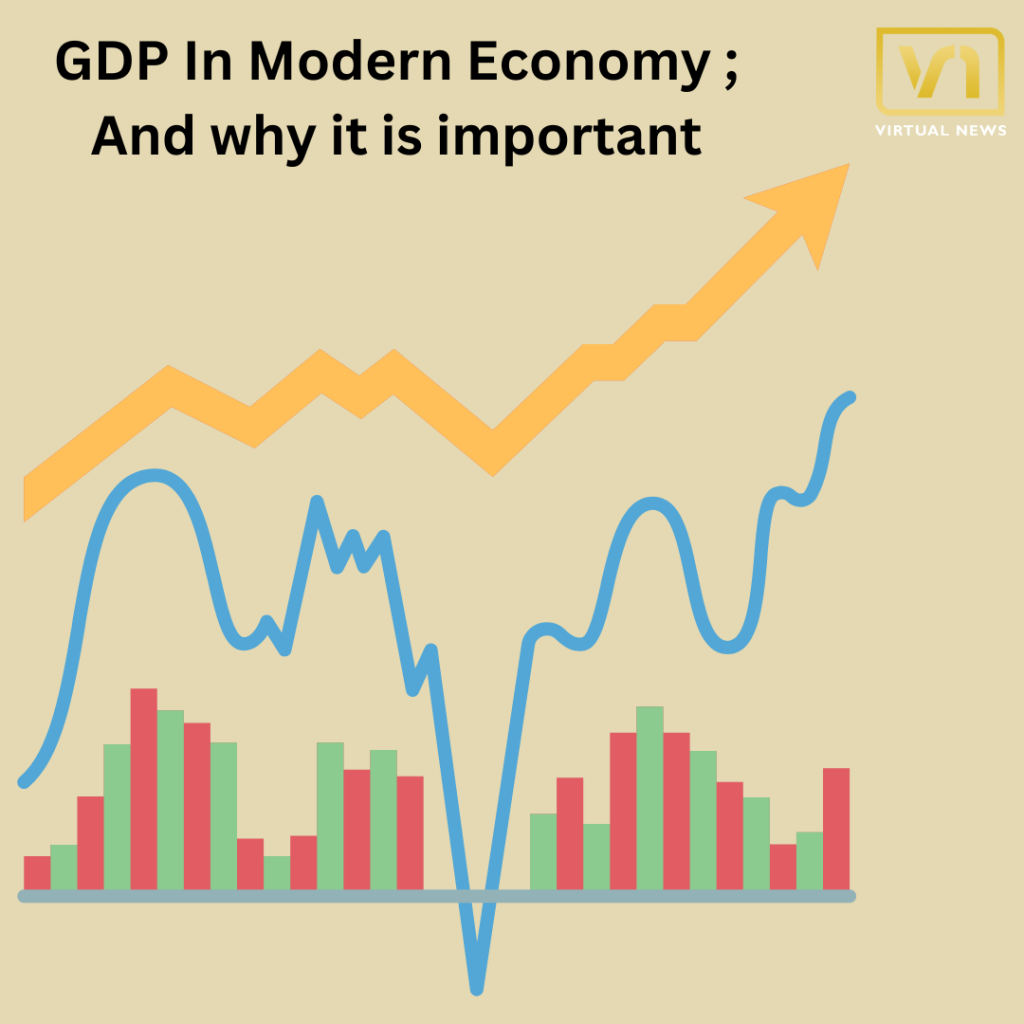Before divulging ourselves into the crux of the importance of GDP in an economy, we first must have a primary understanding of what it essentially is. The Gross Domestic Product (GDP) measures a country’s overall income and output for a specific time period. GDP is a common metric used by economists to gauge a country’s overall economic growth or decrease as well as the relative wealth and prosperity of various countries.
As of today, it is an extreme reliable measure of the size of an economy. Tracking GDP growth rate is perhaps the single best indicator of economic growth, and GDP per capita closely tracks the development in living standards through time.
The Sheer Importance of Such A Metric
A rare few statistics are almost as crucial to comprehend when assessing the macro level productivity of a nation through GDP, or gross domestic output. This figure can quickly reveal the size of a state’s economy and, when compared to earlier data, whether it is expanding or contracting. As a result, it’s an essential tool for policymakers, corporate executives, and investors to comprehend both nationally and on a global scale.
How It Is Beneficial In Recognising A Nation’s Future Growth?
By comparing their current GDP statistics to previous figures, every nation can use this indicator to assess the state of their economy. The economy has gotten more productive if the number is increasing. The economy has become less productive if the number is declining. Since it allows for the emergence of long-term trends, this comparison can be highly instructive when done over a lengthy period of time.
However, a variety of metrics should be used, not only GDP. Due in part to national income accountants’ efforts to refrain from making uncertain, predicated, normative decisions or conjecture about what the future may hold, it is unlikely that accounts and measures that are in addition to core GDP accounts will provide a reliable sense of a nation’s future.

